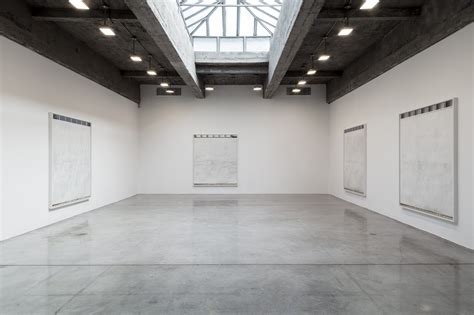A Quote by Robert Higgs
In U.S. history, war has served as an important diversionary tactic, causing the people at large to shift their attention away from the state's own criminality and toward real or fictitious devils abroad. Wars have therefore proved to be extremely useful in propping up the political class and preserving it from the public resistance and rebellion that might otherwise have arisen.
Related Quotes
By the end of the documentary [ '13th'], you really understand what prison is, what the prison industrial complex is, where this whole Black Lives Matter movement comes from, the history of resistance, the history of how politicians have used criminality over the decades for a particular political gain. It's to give people an understanding of it so they can make their own decisions about how they want to be in the world.
We've got very large freshman class, it's historic in its size, so there's people that are extremely diverse in their backgrounds and their viewpoints. I think that we're going to see a conservative group of people coming together, focused on some real ideals that are going to be extremely important.
I keep trying to find ways to shift the viewer's attention away from the object they are looking at and toward their own perceptual process in relation to that object. The question for me always is: how can I make you aware of your own activity of looking, instead of losing your attention to thoughts about what it is that you are looking at?
They tell us that we live in a great free republic; that our institutions are democratic; that we are a free and self-governing people. That is too much, even for a joke. ... Wars throughout history have been waged for conquest and plunder... And that is war in a nutshell. The master class has always declared the wars; the subject class has always fought the battles.
...it was always our view that in order to attain this [proletarian revolution] and the other far more important aims of the future social revolution, the working class must first take possession of the organised political power of the state and by its aid crush the resistance of the capitalist class and organise society anew.
WE MADE A MONSTER OF HITLER, A DEVIL. THAT IS WHY (THEREFORE) WE COULD NOT AFTER THE WAR SAY OTHERWISE. WE HAD PERSONALLY MOBILISED THE MASSES NEVERTHELESS AGAINST THE DEVIL. THUS WE WERE FORCED AFTER THE WAR, TO PLAY ALONG WITH THIS DEVILS' SCENARIO. WE COULD NOT POSSIBLY HAVE MADE OUR PEOPLE CLEAR (TO THEM) THAT THE WAR WAS ONLY AN ECONOMIC PREVENTATIVE MEASURE!
I began to think of war, even so-called "good wars" like World War II, as corrupting everybody. Violence begetting violence. The good guys beginning to act like the bad guys. And when I studied the history of wars, it seemed to me that that was the case. Athens vs. Sparta in the Peloponnesian War. The Athenians presumably the democratic state. The Spartans the totalitarian state. But as the war went on, the Athenians began to act like the Spartans. They began committing atrocities and cruelties. So I saw this as a characteristic of war, even so-called "good wars."
Democracy, taken in its narrower, purely political, sense, suffers from the fact that those in economic and political power possess the means for molding public opinion to serve their own class interests. The democratic form of government in itself does not automatically solve problems; it offers, however, a useful framework for their solution. Everything depends ultimately on the political and moral qualities of the citizenry.
The casualties in the Civil War amount to more than all other wars - all other American wars combined. More people died in that war than World War II, World War I, Vietnam, etc. And that was a war for white supremacy. It was a war to erect a state in which the basis of it was the enslavement of black people.
[Persons] who are recognized as citizens in any one state of the Union [have] the right to enter every other state, whenever they pleased... full liberty of speech in public and in private upon all subjects upon which its own citizens might meet; to hold public meetings upon political affairs, and to keep and carry arms wherever they went.





































